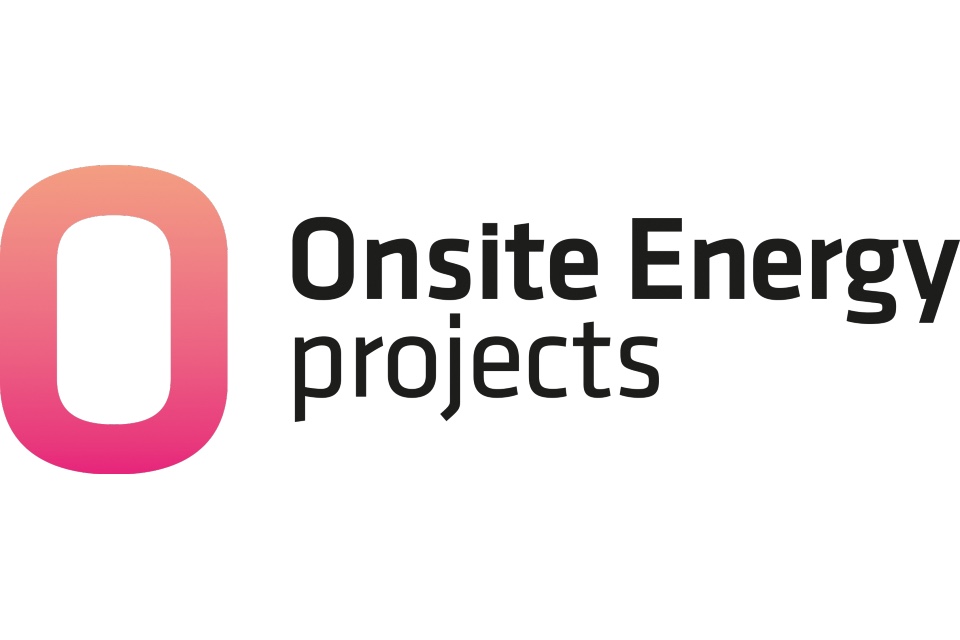In the latest instalment of our energy management executive interview series, we sat down with AXON Business Development Manager, Gareth Fox to talk about industry challenges and the opportunities, with a focus on how to develop strategies for greater building efficiencies…
What is the biggest priority for the Energy Management industry in 2020?
We need to start thinking of buildings as machines, productivity is the output whilst energy and people are the inputs.
Approaching the management of a building from the people stand-point means we can deliver greater efficiencies. Providing a responsive space for occupants, by connecting and integrating services, is the next priority for greater building efficiency.
We do this with cars, modern cars know fuel economy, tyre pressures, speed, lets you know when it needs a service or there is a problem, tells you when to turn right or left to avoid traffic, what the temperature is inside and outside (some even turn on your vehicle in the morning so that the frost has cleared and the car is comfortable and ready to drive at a predetermined time at the correct temperature).
We have similar measures within a building but data is currently siloed, if a single building performance platform could combine this information then it takes on more meaning.
In your mind what is the biggest challenge the industry faces currently?
Moving on from measuring performance by energy data alone is the biggest challenge.
Being efficient is key to all aspects of life, whether it’s doing the job right first time, using the right tools for the task, having the correct information to make decisions, all of these help improve efficiency and energy reduction is a by-product of these efficiencies.
To make the correct efficiency choices, it is best to have precise information and the right skill set in place. Building Performance Information is key, combining the Energy Data, with Building Services and People & Wellbeing to give the total picture of performance vs productivity vs costs. Its no-good turning equipment off to save money but adversely affecting your business performance.
We need to be clever in mapping data, so to deliver meaningful insights. Managing buildings and estates is more than just energy data, with Smart buildings and IoT we are able to gather data from other plant and services, so giving a more rounded data picture on how to develop strategies for greater building efficiencies.
And what are the biggest opportunities?
I still see messaging around basic “Top Hat” energy profiling. Whilst this is fundamentally correct and has been for at least the last 16 years that I have been associated with the industry. However granular information of each service to a building e.g. lighting, HVAC, Energy, Room Booking, Access Control, Way Finding, etc. can reap more rewards when combining data to make improvements. The approach being that the whole is greater than the sum of its parts.
What if you were able to map your energy usage with occupancy usage, to tailor building services to demand?
Not so long ago our mobile phones, were just that, phones. We didn’t need them to be anything else. We had a camera, we had an MP3 player and we had a bank card. Now our phones are wallets, calculators, maps and whatever else you choose according to the apps you have installed. We wouldn’t want to leave the house without them.
Smart building technology means the way we interact and manage our buildings is evolving in a similar way. Building management is more than just a BMS interface, a lighting network, an HVAC system. With cloud-based technology and IoT we can gather data from all these elements and more. We can map this data onto one platform and provide Big Building Data.
For example, you could map the BMS data with your lighting and your meeting room booking system. In this instance you could manage the energy around meeting rooms in an office location more effectively. When not in use you could power off all appliances in that space. You could even instruct for cleaning to be put on hold.
What technology is going to have the biggest impact on the market this year?
The industry is at a juncture, we know we have the building data we are just unclear how to proceed to make this big building data of use. The combining of information from multiple disparate services is seen as a challenge. I see AXON at the forefront of this challenge, providing a way to overlay existing systems, to provide meaningful building performance data.
Tell us about your company, products and services.
AXON seamlessly integrates data onto one platform. A technology independent platform, AXON acquires data from multiple sources for energy, metering, lighting, environment and occupancy, providing estate performance analytics at all levels. Providing actionable insights so you can optimise the management of your estate. The platform provides visualisations and reporting to support the various stakeholders within the building, providing actionable insights for carbon reduction, energy and operational efficiencies.
In 2025 we’ll all be talking about…?
About the measurement of proven in-use outcomes against design intent. Hopefully we will have realised the benefit of mapping data and be thinking more holistically about our smart buildings, measuring performance values not just in terms of energy data. With this new data we will then be turning our thoughts to how the building is performing against the design, so closing the loop on building data, from design, construction and in-use. Ultimately we will be approaching building management for the occupants point of view. We will be using a wide range of technologies to deliver interactive spaces that meet their requirements in real-time, providing ever smart spaces that promote happy occupants.
Contact Gareth to find out more:
Gareth Fox
Business Development Manager
AXON Building Performance Solutions
+44 7810 636536
gfox@axon.eco
linkedin.com/in/gareth-fox-axon
www.axon.eco








